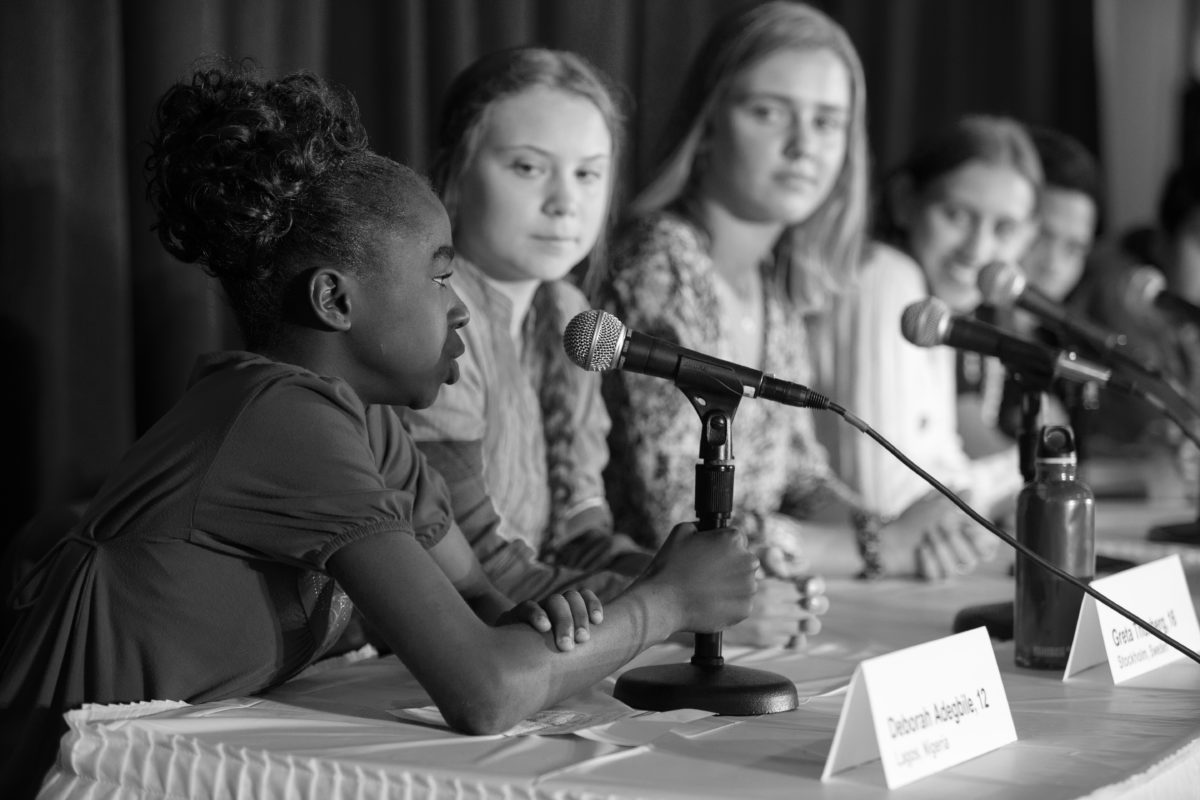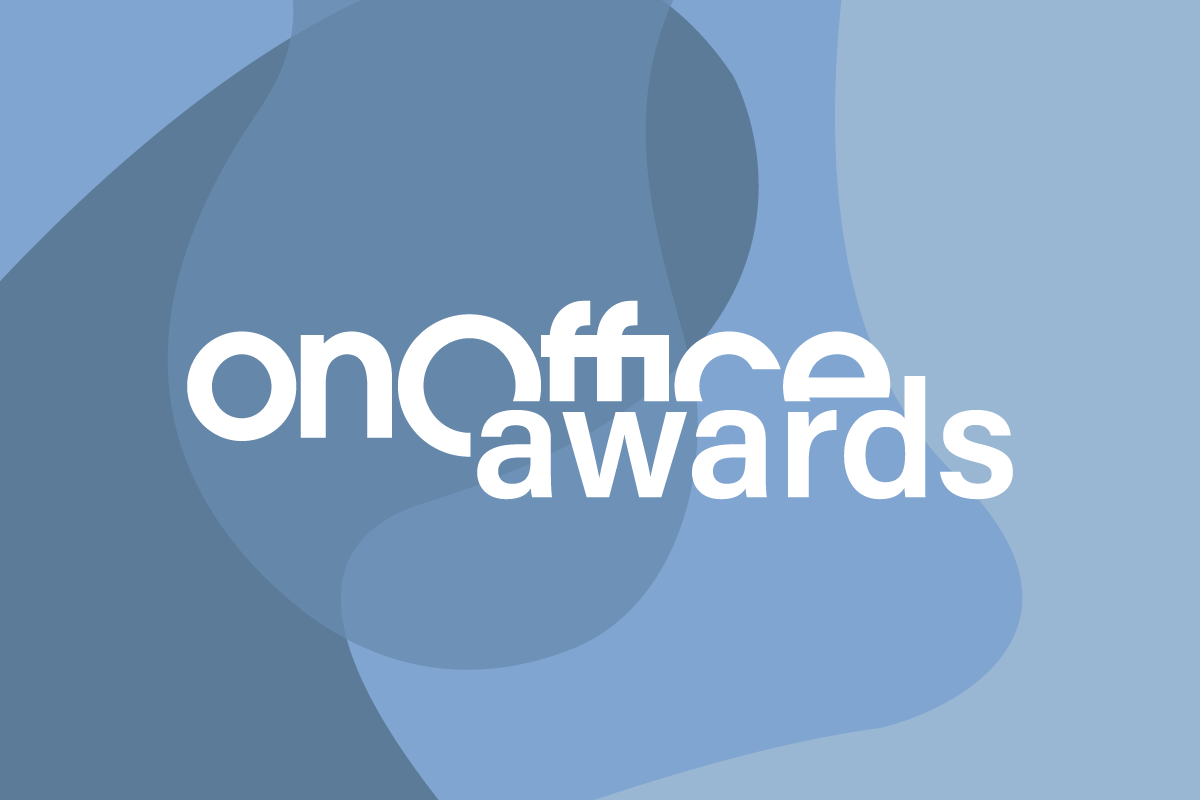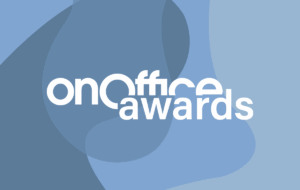
As our world changes, so must leadership, to reflect more fully the values, demographics, priorities and diversity we serve
After 15 years in Shoreditch, East London, Pearson Lloyd recently moved a short walk across Hackney to a new studio and workspace, Yorkton Workshops.
Whilst clearing out our old office, a pile of unwanted tools, from envelopes and files to binding machines and staples, emerged as a banal record of the social and technological changes that we have all experienced in recent years, and brought home to us how quickly the fabric of our working lives is changing.
In truth, beyond these physical representations of change, our social, political, demographic, environmental, health and economic realities are shifting and reshaping at extraordinary speed.
Read more: Make possible: Agility in the age of uncertainty
The language we use in our daily lives – the lexicons of gender identity, neurodiversity and decolonialisation – the conceptual realities of the digital age – bitcoin, 5G, big-data, gamification, webinar, podcast – the jobs we do – YouTuber, data analyst, influencer – and the services through which we collaborate – Zoom, WhatsApp, Teams, Slack – all reflect new realities that are redefining how we interact with the world. The physical tools, the spoken word and our means of communication are all changing.
2020 has taught us that the speed of change is non-linear. Nassim Nicholas Taleb coined the term ‘Black Swan’ to describe events that no one can foresee but we know will arrive. The Covid-19 pandemic is perhaps the ultimate example of this as a potentially epoch-changing moment in time – shifting realities and accelerating change.
Above all else, we now live in a world whose previously remote and separate regions are utterly connected and symbiotic. Globalisation, pan-national corporate interests, global digital platforms and distributed supply chains mean that nations, communities and individuals are more interdependent than ever before, and, as shown by the concurrent rise of populism and nationalism, this is not a shift that is universally welcomed or understood.
Within this context, chaos theory, which describes a reality where tiny changes in one system can have a major impact on another, once a novel academic idea, suddenly feels entirely relevant in all our lives.
Read more: How make-shift solutions are reshaping our future
At a personal, social and political level, we can easily, and justifiably, feel overwhelmed by the challenges around us. Covid-19, Brexit, climate breakdown, rampant inequality, fake news, for the first time in history the young no longer believe that their future lives will be better than their parents’.
As our world changes, so must leadership, to reflect more fully the values, demographics, priorities and diversity of those we serve. Until the very recent past, the reality of leadership was male, of middling age and predominantly white. Today’s leaders are emerging from different ages, demographics, histories and backgrounds.
Millennials and now Gen Z have transitioned from emerging consumers to emerging leaders. Greta Thunberg aged just 15 became a global figurehead in the fight to challenge climate breakdown, and leadership is now as likely to be collective as individual, the Black Lives Matter movement and Extinction Rebellion are not led by single figureheads as much by a collective consciousness that demands change.
In the sense that the world of work is in effect a microcosm of the world around it, as society changes, so work changes. So how can leadership reframe itself to reflect more fully our current realities? Above all else, with such instability around us, it must be flexible and agile in its behaviour and thinking. Leadership needs to be humble – no one individual knows the answers. Leadership needs to be collective – we cannot rely on a traditional hierarchy of governance to make the world we want it to be.
Leadership must become a good listener and great collaborator – we can only succeed if we work together. Leadership needs to acknowledge what it doesn’t know and become active and daily learners – from people and cultures and across generations. Leadership needs to learn the practice of active and ongoing allyship. In a year when the concept of long-term thinking has shrunk from years to months or even weeks, we must learn to adjust at speed, be entrepreneurial and adaptive in our thinking.
Read more: Pearson Lloyd transform dilapidated Victorian workshops into a modern workplace
In the context of the workplace, the process of working our way out of Covid-19 will require new ways of thinking, revised values, new types of space and new forms of interaction. The transition to home working, in full or part time, is more than likely here to stay beyond the current crisis and will re-form how we interact with each other and how we define productivity – requiring new levels of trust between staff and leadership.
Our work lives are now largely conducted in a digital space, and in the future workplaces will transform into environments even more focused on joint enterprise – providing space for collaboration, community and shared learning across and throughout the tiers of any organisation. Our social interaction and sense of belonging will become more important than ever before.
But perhaps above all, rather than reflecting and responding to what we see in front of us, we need leadership that is able to make change that is positive and progressive and that balances economic realities, upon which we all rely, with those of the social and environmental fabric that surrounds us. Ambitious, open, inclusive and co-operative. Make Change – Lead Together.
Image courtesy of UNICEF/Chalasani, 2019
As featured in OnOffice 154, Spring 2021. Read a digital version of the issue for free here.





















